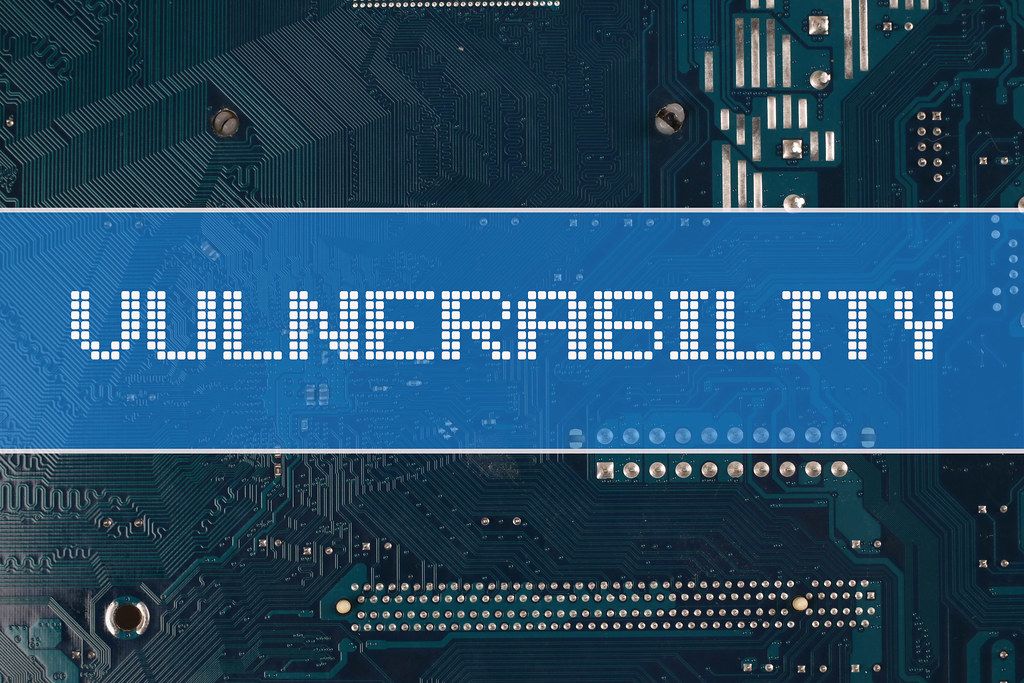Critical Security Flaws in Tunneling Protocols Expose 4.2 Million Hosts to Cyberattacks: Here’s What You Need to Know
A recent report by security researcher Mathy Vanhoef, in collaboration with Top10VPN, has revealed critical vulnerabilities in widely used tunneling protocols. These vulnerabilities expose over 4.2 million hosts worldwide to potential cyberattacks. The affected protocols include IPIP, GRE, 4in6, and 6in4, which lack built-in authentication and encryption

Vulnerabilities and Risks
The vulnerabilities allow attackers to hijack systems for anonymous attacks, unauthorized network access, and denial of service (DoS) attacks. Hosts that accept tunneling packets without verifying the sender’s identity can be exploited to perform various malicious activities. These activities include one-way proxy attacks, DoS amplification, off-path TCP hijacking, and a novel attack called Tunneled-Temporal Lensing (TuTL).
Scope of Impact
The vulnerabilities affect a wide range of devices, including VPN servers, ISP home routers, core internet routers, and CDN nodes. The most affected countries are China, France, Japan, the U.S., and Brazil. Over 11,000 Autonomous Systems (AS) globally are impacted by these vulnerabilities. Additionally, almost 40% of vulnerable ASs fail to filter spoofing hosts, further amplifying the risk.
Potential Consequences
The impact of these vulnerabilities is far-reaching. Attackers can launch new Denial-of-Service (DoS) techniques, DNS spoofing, TCP hijacking, and other attacks. Spoofing-capable hosts can have any IP address as the source address in the inner packet, making it difficult to trace the attack back to its source. This anonymity poses a significant challenge for IT administrators trying to secure their systems.
Mitigation and Recommendations
Researchers have developed scanning scripts to help IT administrators test for vulnerabilities in their systems. It is crucial for organizations to implement proper authentication and encryption measures for tunneling protocols to mitigate these risks. Regular security audits and updates are also recommended to ensure that systems remain protected against potential exploits.
Conclusion
The discovery of these vulnerabilities highlights the importance of securing tunneling protocols to protect against cyberattacks. With over 4.2 million hosts at risk, it is essential for organizations to take immediate action to address these vulnerabilities and safeguard their networks.
You think you have a story worth everyone’s time? SUBMIT A STORY and we will publish it
Share this content:




Post Comment